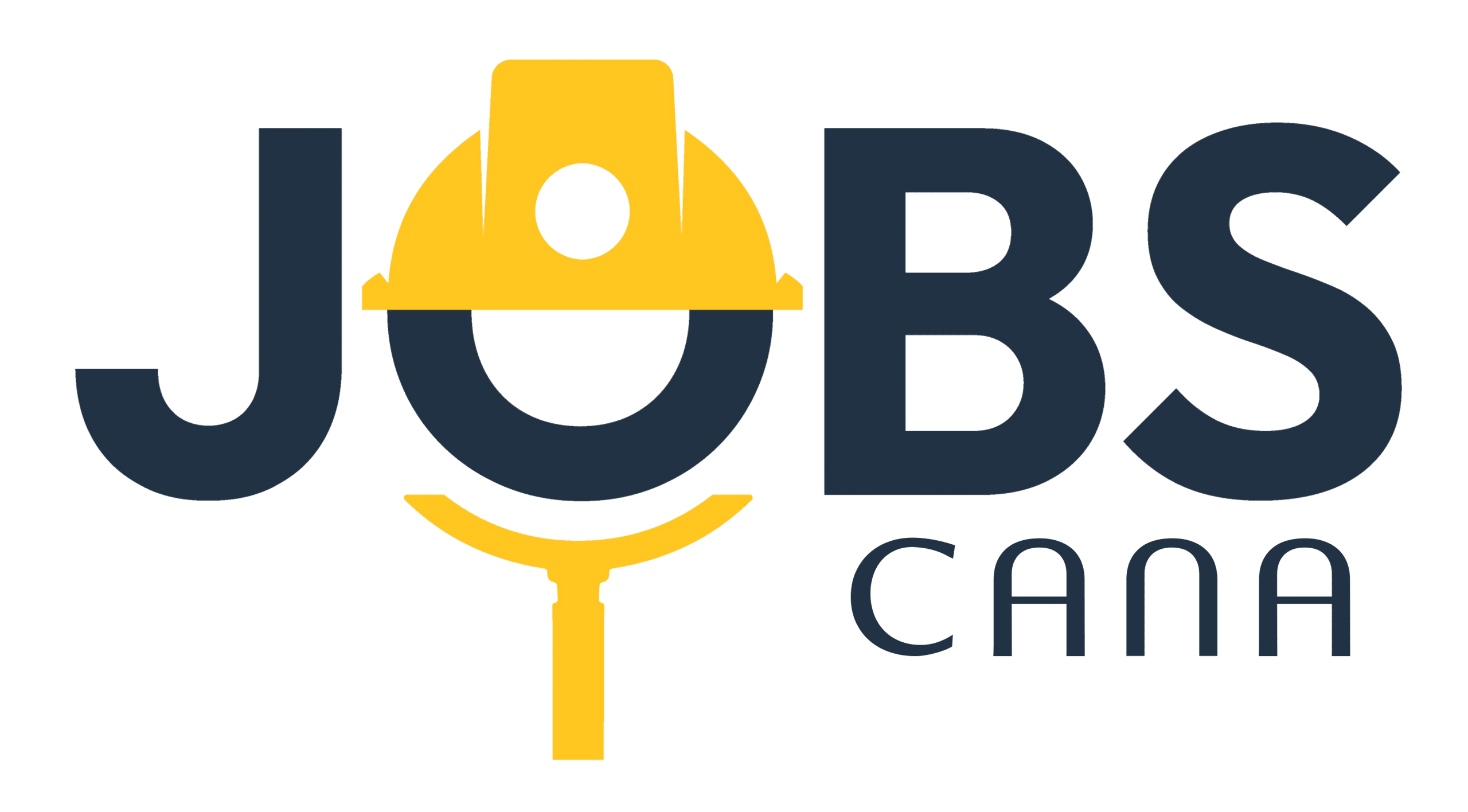Planning your career is crucial for achieving professional success. By identifying your goals and creating a strategic career plan, you can navigate the competitive job market more effectively. In this guide, we will explore key aspects of career planning, such as setting professional goals, developing actionable steps, overcoming challenges, leveraging networking, and the importance of continuous learning. Stay with us to unlock valuable insights to chart your path to success.
Identifying Your Professional Goals
To achieve success in your career, it is essential to identify your professional goals. Start by reflecting on your interests, values, and strengths. Consider what you are passionate about, the skills you enjoy using, and the impact you wish to make through your work.
Next, assess your current position and where you want to go from here. Ask yourself questions like: What do I want to achieve in the next five years? Which roles or industries do I see myself thriving in? Understanding these aspects will help you set clear, achievable goals.
It’s also important to distinguish between short-term and long-term goals. Short-term goals might include gaining specific skills or experiences that can propel you towards your long-term objectives. Long-term goals define your broader vision, such as becoming an industry leader or starting your own business.
Visualizing Success
Create a visual roadmap of your career progression. This can include timelines, milestones, and actionable steps. By visualizing your goals, you can better understand the path you need to take and stay motivated along the way.
Additionally, seek feedback and mentorship. Mentors can provide valuable insights and help you refine your goals based on their own experiences. Regularly revisiting and adjusting your goals is crucial as well, as it keeps you aligned with your evolving interests and the changing job market.
Steps to Develop a Career Plan

Creating a career plan involves several key steps that can help ensure your professional development stays on track. Start by conducting a self-assessment to understand your strengths, weaknesses, values, and interests. This will provide the foundation for your career goals.
Set Clear Goals: Clearly defined goals can guide your career trajectory. Make sure your goals are specific, measurable, achievable, relevant, and time-bound (SMART).
Research Career Options: Look into various career paths that align with your self-assessment results. Understand the educational requirements, necessary skills, and potential job outlook for each option.
Once you’ve identified your goals and researched your options, the next step is to create an action plan. This includes listing the steps needed to achieve your career goals such as obtaining necessary education or certifications, gaining relevant experience, and developing key skills. Break down each goal into smaller, manageable tasks with deadlines to stay on track.
Seek Mentorship: Finding a mentor in your desired field can provide valuable guidance and insight. A mentor can help you navigate challenges and offer advice based on their experience.
Regularly reviewing and updating your career plan is crucial. As you progress, you may find that your goals or interests change. Adjust your plan accordingly to reflect these changes.
Build a Professional Network: Networking is a vital aspect of career planning. Attend industry events, join professional organizations, and connect with peers and leaders in your field. Building these relationships can open doors to new opportunities and provide support throughout your career journey.
Overcoming Career Challenges
Facing challenges in your career is inevitable, but the approach you use to overcome them makes all the difference. Adaptability is key; being able to embrace changes and learn from setbacks can significantly impact your professional growth.
First, it’s crucial to identify the obstacles you are facing. Whether they are related to skill gaps, workplace conflicts, or industry changes, knowing the root cause allows you to strategize effectively. Consider seeking mentorship or guidance from experienced professionals who can provide valuable insights and advice.
Secondly, always focus on continuous improvement. Invest in acquiring new skills and enhancing existing ones. Online courses, workshops, and certification programs can be excellent resources. Remember, the more you learn, the better equipped you are to tackle unforeseen challenges.
Additionally, maintaining a strong support network is essential. Collaborate with peers, join professional groups, and participate in networking events. These connections can offer support, share opportunities, and help you navigate through difficult times.
Ultimately, overcoming career challenges requires a combination of self-awareness, continuous learning, and strong professional relationships. By effectively addressing and managing these hurdles, you not only advance your career but also build resilience and adaptability, crucial traits for long-term success.
Role of Networking in Career Planning

Networking is a crucial element in career planning, offering numerous advantages. One of the key benefits is the creation of valuable connections. By building a robust network, you’ll have access to professionals who can provide insight into your industry and potential job opportunities. Engaging with colleagues at conferences, workshops, and through online platforms like LinkedIn can expand your network significantly.
Networking also plays a significant role in gaining mentorship. Establishing relationships with experienced professionals can offer guidance, advice, and support throughout your career journey. These mentors can help you navigate complex career decisions and connect you to other influential individuals.
Information exchange is another critical aspect of networking. Through your connections, you can stay informed about industry trends, best practices, and new opportunities. This knowledge can position you at the forefront of your field and enhance your career planning.
Additionally, networking can lead to collaborative opportunities. Many career advancements come from working on joint projects or business ventures. By surrounding yourself with a network of skilled professionals, you increase the likelihood of engaging in such beneficial collaborations.
Continuous Learning and Development
In the rapidly evolving professional landscape, continuous learning and development are essential. To stay relevant, you must consistently update your skills and knowledge. This ongoing process not only enhances your current capabilities but also prepares you for future opportunities.
One key aspect of continuous learning is embracing new technologies and trends in your industry. You can achieve this by enrolling in online courses, attending workshops, or even reading industry-related books and articles. Furthermore, practical experience through projects or volunteering can significantly contribute to your professional growth.
Additionally, soft skills such as communication, time management, and problem-solving should not be overlooked. These skills are crucial in all professional settings and can be honed through various methods, including self-reflection, mentorship, and feedback from colleagues.
Another critical factor is setting measurable learning goals. By establishing clear objectives, you can track your progress and stay motivated. For instance, aiming to master a new software within three months or improving your public speaking skills within a specific timeframe can provide tangible milestones to work towards.
Moreover, seek feedback regularly to understand your strengths and areas for improvement. Constructive feedback from peers, mentors, or supervisors can offer valuable insights and guide your learning journey effectively.
Incorporate continuous learning into your routine by dedicating time each week for skill development activities. This approach ensures that learning becomes a habit rather than a sporadic effort.


 Professional Growth: Unlock Secrets to Accelerate Your Career
Professional Growth: Unlock Secrets to Accelerate Your Career  Online Portfolio: Boost Your Career with a Stunning Showcase
Online Portfolio: Boost Your Career with a Stunning Showcase  Career Transition: Unlock Your Potential with These 5 Strategies
Career Transition: Unlock Your Potential with These 5 Strategies